Best Shampoo for Golden Retrievers: Latest Vet Picks 2025
Many golden retriever owners feel frustrated by dull fur, persistent shedding, or repeated skin irritation. That worry is real: the wrong product can dry out your dog's skin, worsen shedding, or trigger allergies. The good news is there are gentle, vet-approved shampoos and care steps that solve those problems—this guide walks you through how to pick the best shampoo for golden retrievers, including puppy-safe formulas, de-shedding picks, and moisturizing options so your dog’s coat looks and feels its best.
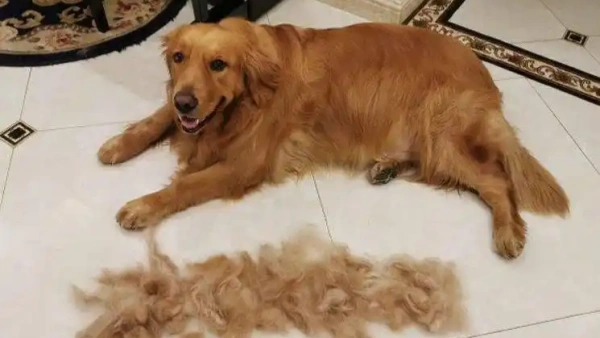
Which Type of Shampoo Works Best for Golden Retrievers?
Why Golden Coats Need Specific Care
Golden retrievers have a dense double coat: a soft undercoat and a longer outer coat. This structure traps oils and dirt near the skin while the outer guard hairs protect against weather. A suitable shampoo should gently clean without stripping natural oils that keep the undercoat healthy. Look for mild surfactants, moisturizing agents like glycerin or coconut derivatives, and ingredient lists that avoid harsh sulfates and artificial fragrances. Natural extracts such as aloe and oat can soothe skin, while added conditioners help detangle long fur. Choosing the right base formula helps reduce breakage, tangles, and dullness, making daily grooming more effective.
Can Golden Retrievers Use Human Shampoo?
pH and Ingredient Differences
No—human shampoos are formulated for human scalp pH and oil balance, which differs from canine skin. Using human products can strip essential oils, causing dry, flaky skin and increased itchiness in dogs. Human shampoos may also include perfumes, colorants, or stronger detergents that irritate a golden's sensitive coat and skin. For grooming safety, always pick a product labeled for dogs and ideally for medium-to-long coats. If you must use a temporary alternative in an emergency, dilute a mild baby shampoo heavily and rinse thoroughly, but make replacing it with a dog-specific shampoo a priority.
Do Golden Retrievers Need Both Shampoo and Conditioner?
Shampoo vs. Conditioner: When and Why
Yes. Shampoo cleans the coat and skin; conditioner restores moisture, smooths cuticles, and helps detangle long hair. For golden retrievers, conditioner reduces matting and eases brushing, which lowers shedding-related fur around the home. Use a rinse-out conditioner after shampooing when the coat feels dry or prone to tangles. For dogs with oily skin, a leave-in detangler or light conditioning spray is often enough. If your dog has skin sensitivity, choose a hypoallergenic conditioner without heavy fragrances or silicones.
Top Natural Shampoos for Golden Retrievers
Why Choose Natural
Natural shampoos often use plant-based cleansers and calming extracts that soothe skin and reduce allergic reactions. Ingredients like oatmeal, aloe vera, and coconut-derived cleansers are gentle and provide hydration. Natural formulations typically avoid artificial dyes and strong perfumes—two common triggers for canine skin irritation. For golden retrievers prone to seasonal allergies or environmental sensitivities, a certified natural product can be a safer daily-care option when vetted for dog use.
Best Hypoallergenic Shampoos for Sensitive Goldens
Choosing Low-Allergy Formulas
If your golden displays redness, frequent scratching, or flaky skin, a hypoallergenic shampoo may help. These formulas remove harsh detergents and fragrances while using calming agents like colloidal oatmeal or chamomile. Hypoallergenic shampoos are not guaranteed to fix all issues, but they reduce common irritants and make it easier to identify underlying causes. Always patch-test a small area first and consult your veterinarian if itching persists. For dogs on medicated treatments, coordinate product choices with your vet to avoid interactions.
Best Moisturizing Shampoos to Keep Coat Shiny
Key Hydrating Ingredients
Moisture-focused shampoos contain humectants (like glycerin), emollients (like coconut or sweet almond oils), and proteins that smooth the hair shaft. These oils lock in hydration and restore natural sheen. Regular use during bathing can soften coarse outer hairs and prevent the undercoat from drying out, especially in winter or dry climates. For best results, follow with a compatible conditioner to seal moisture and protect hair from tangling during the drying process.
Top Deodorizing Shampoos for Golden Retrievers
How Deodorizing Formulas Work
Deodorizing dog shampoos neutralize odor at the molecular level or mask it with gentle, dog-safe botanicals. Ingredients like baking soda in small amounts, activated charcoal, or citrus extracts can help remove lingering smells from outdoor play or wet dog odor. Avoid heavy perfumes and stick to natural scent sources; strong artificial fragrances can irritate skin and hide medical odors that require vet attention, such as yeast infections or hot spots.
Shampoos for Fleas and Ticks
When to Use Insecticidal Shampoos
Flea and tick shampoos contain ingredients that kill or repel parasites at time of bathing. They can be useful for immediate relief but are not a long-term prevention strategy. Many contain pyrethrins or natural alternatives like cedar or tea tree—note tea tree essential oil can be toxic if used at high concentrations, so only use vet-approved products. After bathing with a flea shampoo, combine with monthly topical or oral preventatives recommended by your veterinarian for ongoing protection.
Best Puppy Shampoos for Golden Retriever Puppies
Gentle Starts for Young Skin
Puppy formulas are milder, tear-free, and designed for fragile skin. Newborn and young golden retrievers have thinner skin and a developing immune system, so extra care is needed. A puppy shampoo should be free of harsh sulfates, dyes, and strong fragrances. Use only warm water, minimal product, and avoid over-bathing—pups only need occasional baths unless soiled. Proper early grooming habituation makes adult care easier and helps puppies accept brushing and drying.
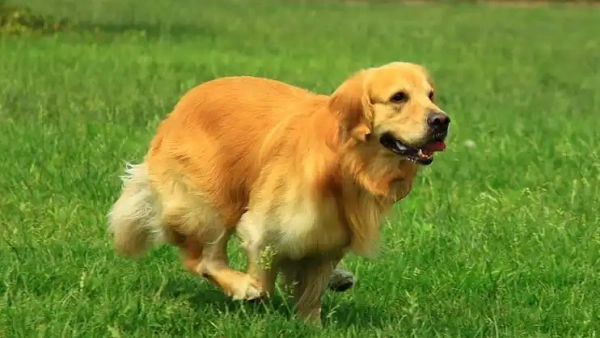
How to Choose the Best Shampoo for Golden Retrievers
Practical Selection Checklist
Check ingredient list: avoid sulfates, parabens, and artificial dyes.
Match shampoo to the problem: moisturizing for dry skin; hypoallergenic for sensitivities; de-shedding formulas to reduce loose fur.
Prefer vet-recommended and labeled dog products.
When in doubt, patch test a small skin area and monitor for 48 hours.
Compare product labels side-by-side and weigh user reviews plus veterinary guidance. For heavy shedding, look for a deshedding shampoo with keratin or enzymes that loosen dead undercoat fur. If your golden has chronic skin issues, a medicated shampoo prescribed by a veterinarian may be required.
How to Bathe a Golden Retriever
Step-by-Step Bath Routine
Brush thoroughly to remove mats and loose fur before wetting the coat.
Use warm water and wet the dog from neck to tail—avoid eyes and ears.
Apply shampoo, lather gently into the skin, and let it sit 2–3 minutes for treatment formulas.
Rinse fully—residue can cause irritation.
Apply conditioner if needed, then rinse again.
Towel dry and finish with low-heat blow drying while brushing to prevent matting.
Proper pre- and post-bath brushing reduces tangles. For anxious dogs, short positive sessions and treats work best.
How Often Should You Bathe a Golden Retriever?
Frequency Guidelines
Generally, bathe a healthy golden retriever every 6–8 weeks. Over-bathing strips oils and can increase shedding or dry the skin. More frequent baths (every 2–3 weeks) may be needed for dogs with heavy outdoor activity, strong odors, or certain skin conditions—but coordinate with your vet to avoid disrupting topical treatments. Between baths, use grooming wipes or a no-rinse cleanser for spot cleaning.
How to Clean a Golden Retriever’s Coat Effectively
Tools and Techniques
Use a slicker brush, undercoat rake, and wide-tooth comb. Regular brushing (3–4 times per week) prevents mats and moves loose undercoat fur out before it sheds around the house. After swimming or heavy play, rinse and towel-dry to prevent trapped moisture that can cause skin problems. Seasonal shedding calls for daily brushing during heavy-shed months to control loose undercoat fur.
Everything Our Vets Recommend
Do Vets Recommend Specific Shampoos for Golden Retrievers?
Veterinary Guidance and When to Seek It
Vets commonly recommend shampoos based on the dog’s condition: hypoallergenic for itchy dogs, medicated antifungal or antibacterial shampoos for infections, and moisturizing for dry skin. If your golden has persistent itching, hot spots, or hair loss, seek veterinary evaluation—underlying causes include allergies, parasites, endocrine disorders, or infections. A vet can prescribe medicated washes that are more effective than OTC options for clinical issues.
How to Make Your Golden’s Coat Smooth and Shiny
Daily Habits That Improve Coat Texture
Nutrition plays a huge role—high-quality protein, omega-3 fatty acids from fish oil, and certain vitamins support hair strength and sheen. Regular grooming to remove loose hair and the right moisturizing products prevent dullness. Avoid harsh grooming tools and overuse of heat when drying. A balanced routine—proper diet, gentle bathing, and consistent brushing—yields the smooth, flowing coat golden owners love.
How to Keep a Golden’s Coat Fluffy
Techniques for Volume and Bounce
To keep the coat full and airy, focus on the undercoat health: regular de-shedding and brushing prevent matting that flattens fur. Use a volumizing shampoo occasionally and blow-dry while brushing to lift the guard hairs. Avoid heavy oil treatments that weigh the coat down. For show grooming, specific blow-dry and trimming techniques help retain fluff while keeping a neat silhouette.
Keeping Your Golden Retriever’s Coat Healthy Long Term
Routine Care Checklist
Maintain a schedule for brushing, bathing, and vet checkups. Feed a nutrient-rich diet tailored to life stage and activity level, supplement with veterinarian-approved fish oil when needed, and treat parasites preventatively. Watch for skin changes and act early. With consistent care and the right best shampoo for golden retrievers paired with conditioners when needed, you’ll reduce skin issues and keep the coat strong and attractive.
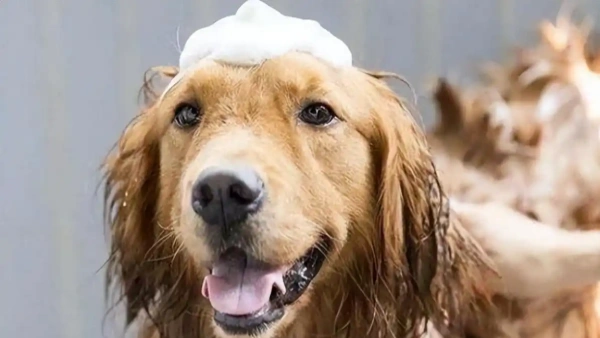
best shampoo for golden retrievers FAQs
Do golden retriever puppies need a special shampoo?
Puppy skin is delicate, so use a tear-free, ultra-mild formula labeled for puppies. These products avoid harsh detergents and fragrances. Bathe young pups sparingly and always keep water warm and comfortable. If a puppy has skin issues, get vet advice before trying any OTC product.
What’s the best shampoo to cut shedding?
De-shedding shampoos contain gentle surfactants plus keratin or enzymes that help loosen dead undercoat fur. Combined with regular undercoat rake grooming, these shampoos reduce loose fur significantly. Remember, they help manage, not stop, natural shedding.
How do I know if a shampoo is causing an allergy?
Watch for redness, persistent scratching, hair loss, or a rash after use. If these appear, stop the product and consult your veterinarian. Patch-testing a new shampoo on a small skin area before full use reduces the chance of a severe reaction.
To protect your dog and home, pair the right shampoo choice with regular brushing and vet-recommended parasite prevention. If you want the product suggestions list I used while compiling this guide, I can provide a vetted shortlist of shampoos (natural, hypoallergenic, moisturizing, de-shedding, and puppy formulas) tailored to your budget and local availability.
You May Like:
- 2025's Best Seborrhea Dog Shampoo: A Solution for Itchy Skin
- Best Dog Shampoo for Itching? What Most Owners Get Wrong
- Best Flea Shampoo for Dogs: Fast-Acting Solutions
- 2025’s Best Flea and Tick Shampoo for Dogs – New Formulas
User Comments
Does flea treatment kill ear mites too?
Can dogs take human probiotics?
Can dogs have people probiotics safely?
Related Articles
View all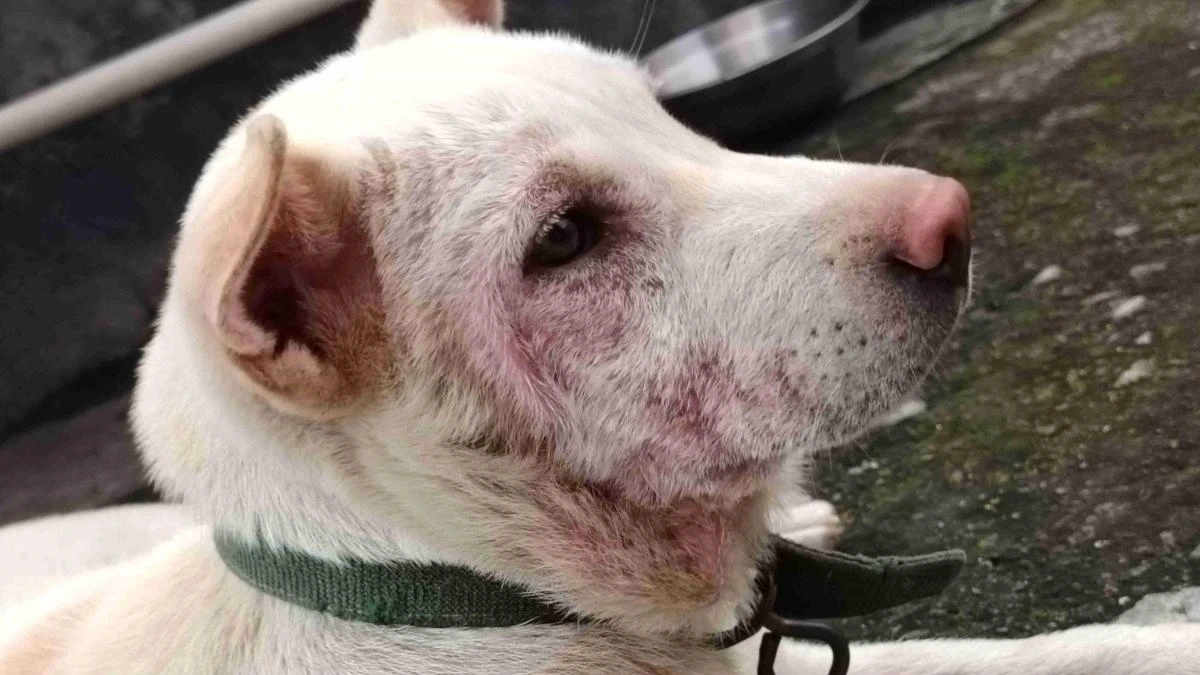
How to Get Rid of Dog Allergies Naturally: Common Mistakes
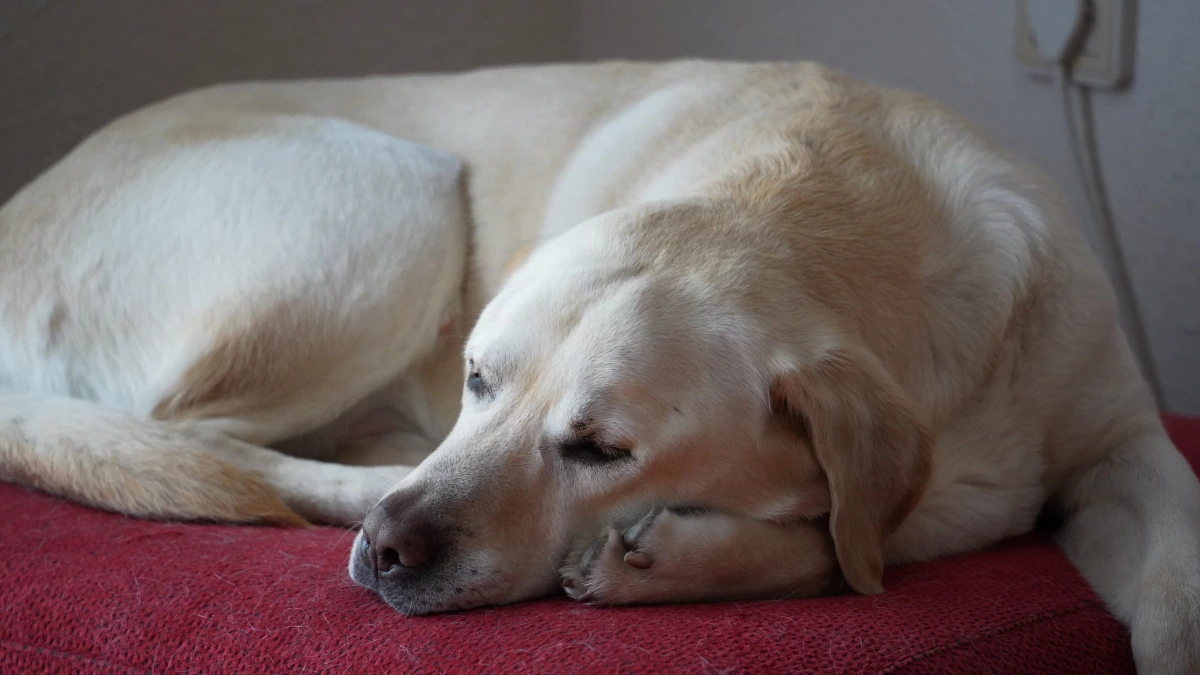
Dog Allergic Reaction Eye Swelling: Hidden Mistakes to Avoid
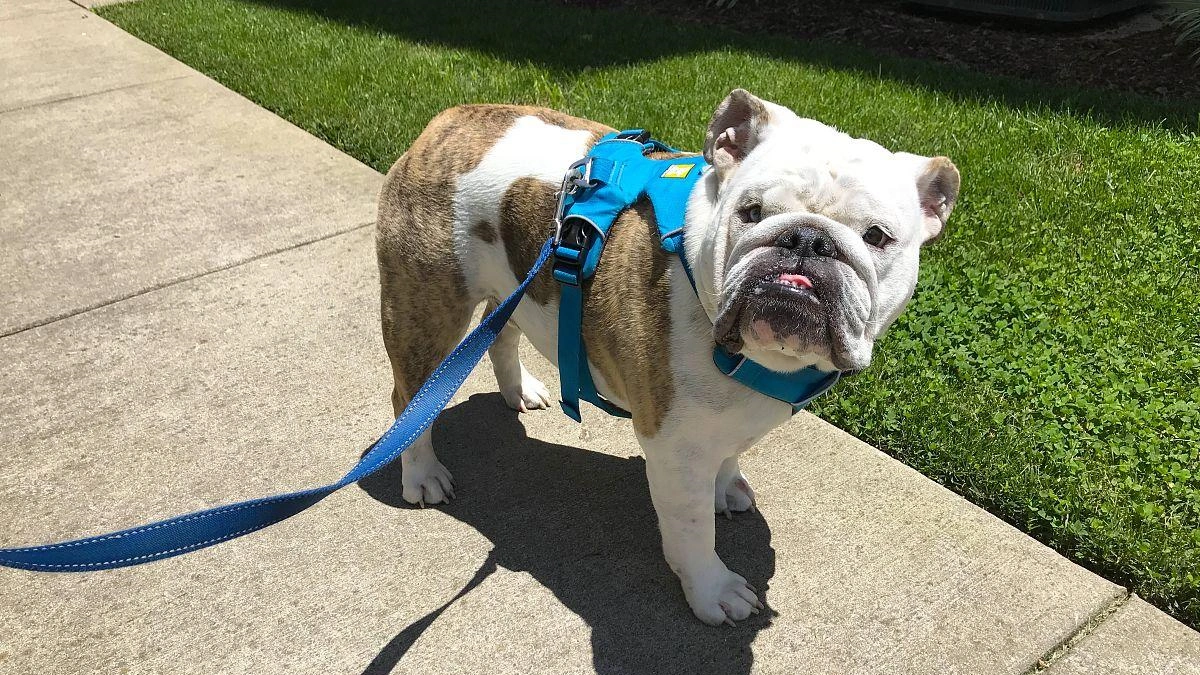
Why Do Bulldogs Scratch? Bulldog Skin Allergies Guide
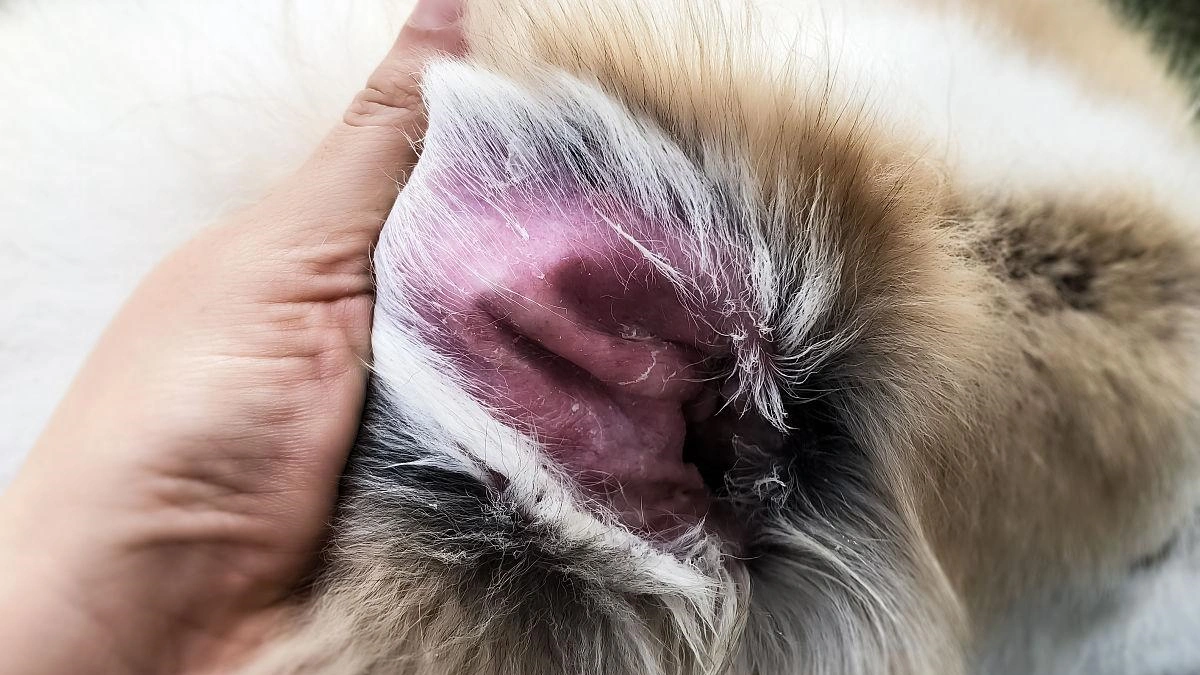
Cure for Dog Skin Allergies Owners Often Miss

How to Get Rid of Dog Allergies Naturally: Common Mistakes

Dog Allergic Reaction Eye Swelling: Hidden Mistakes to Avoid

Why Do Bulldogs Scratch? Bulldog Skin Allergies Guide

Cure for Dog Skin Allergies Owners Often Miss
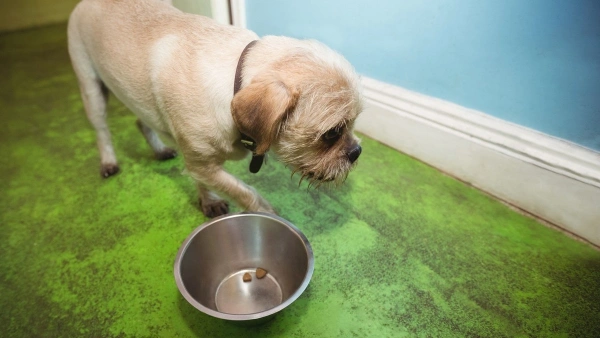
Vet-Recommended Wet Dog Food for Sensitive Stomachs — 2025 Guide
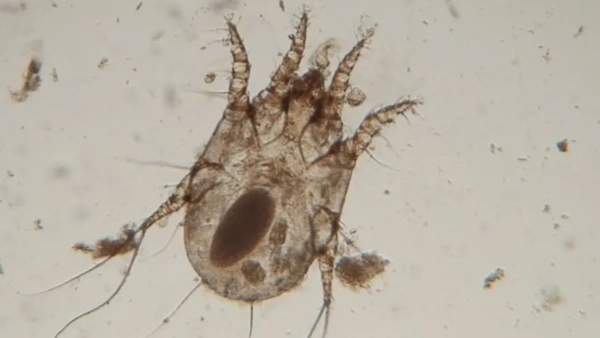
Dog Dust Mite Allergy: Symptoms, Treatment, Prevention
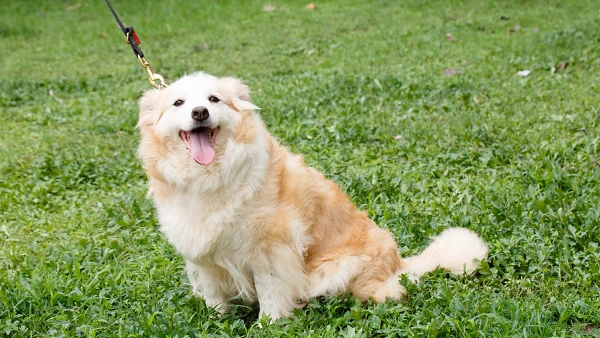
Can Allergies in Dogs Cause Diarrhea and Vomiting? Explained
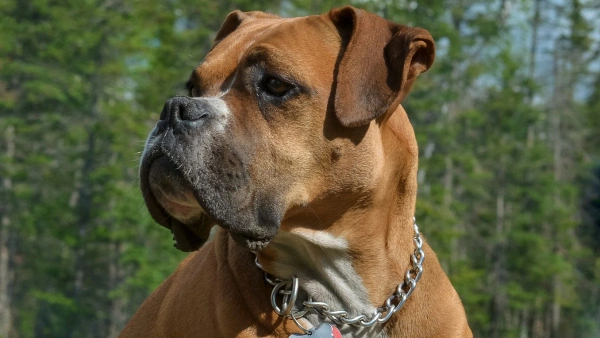
10 Pitbull Health Problems You Should Know in 2025 — Tips
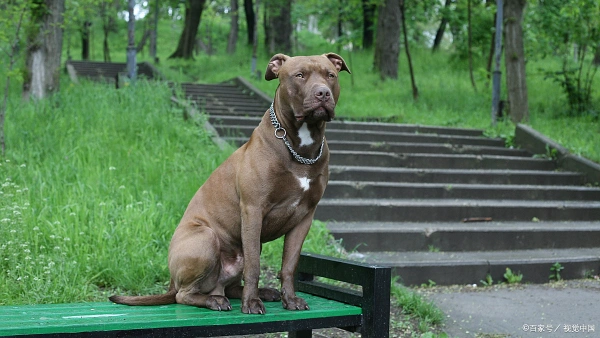

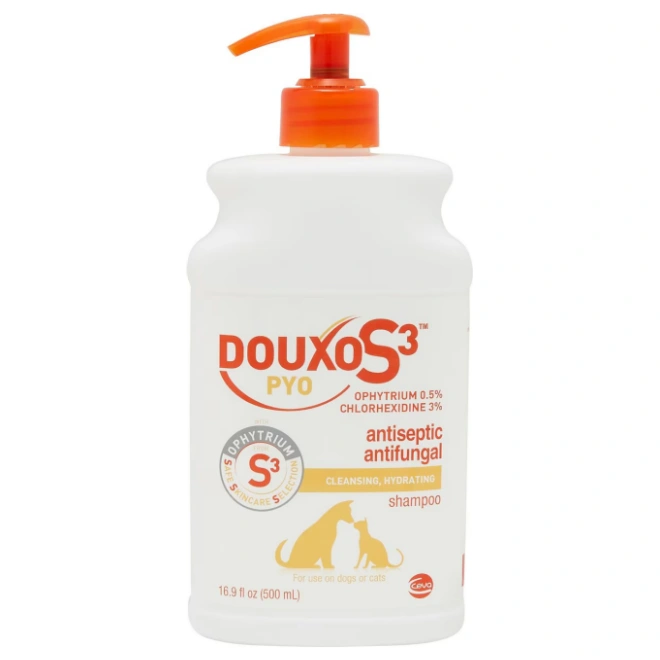
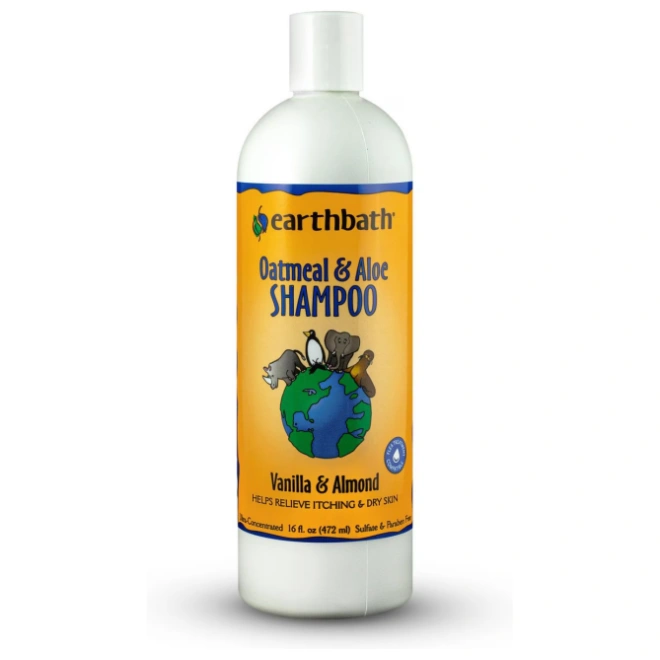
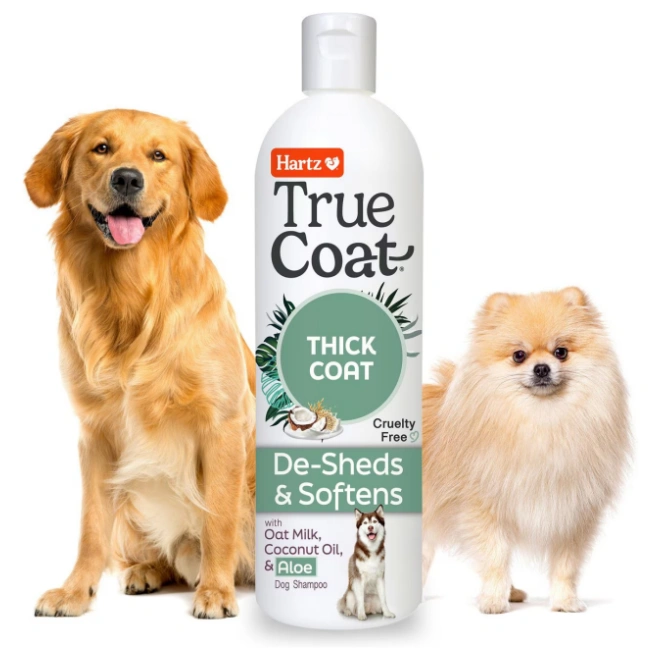
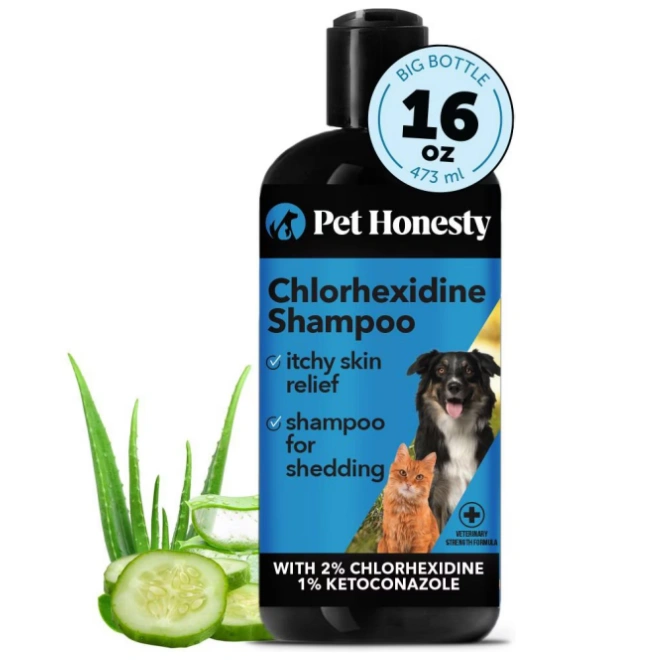








Leave a Reply